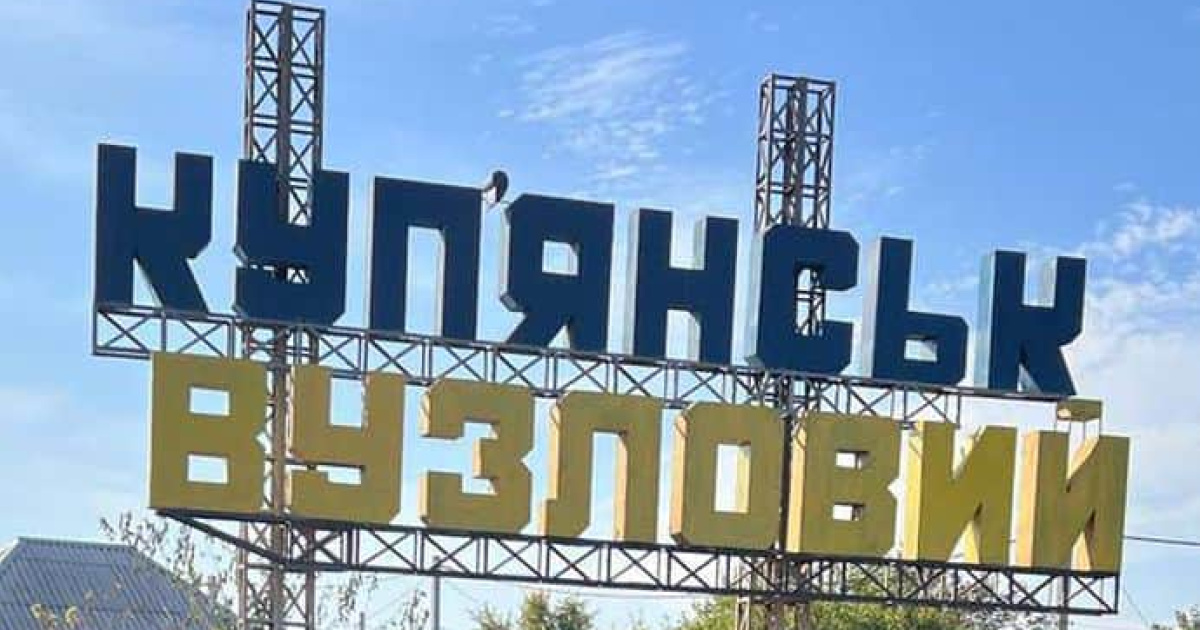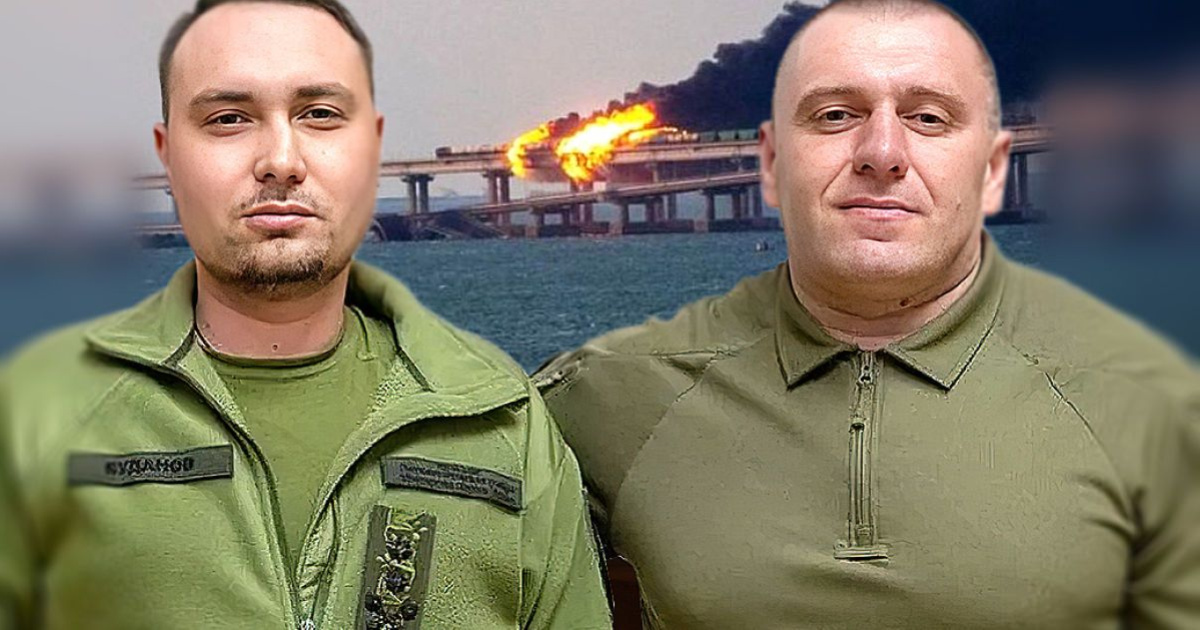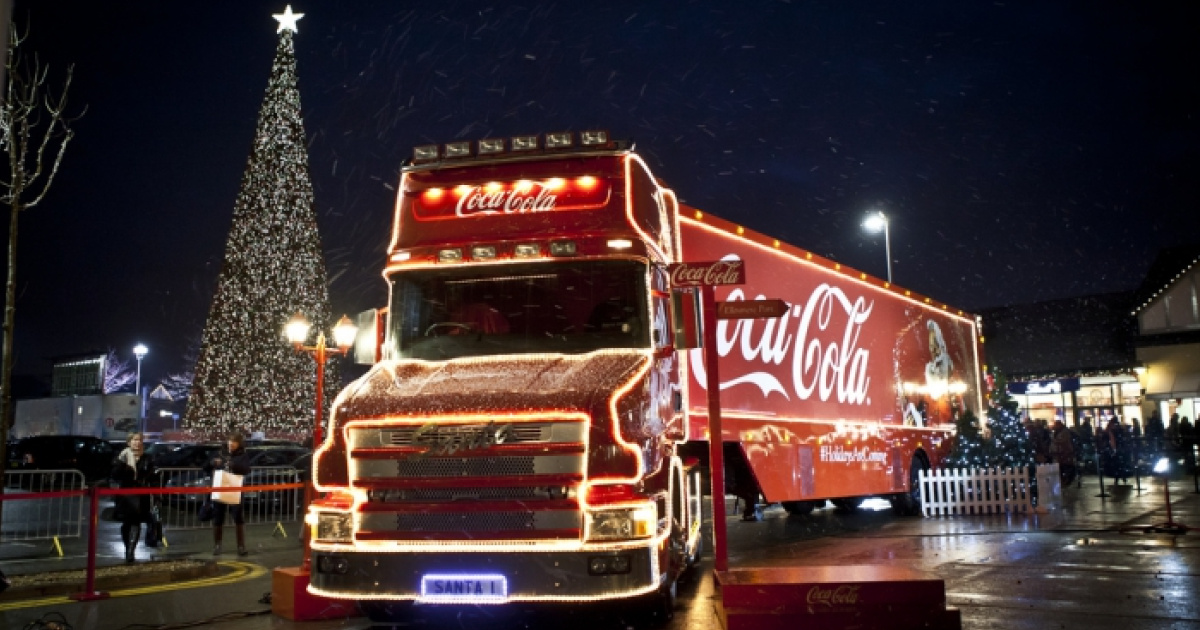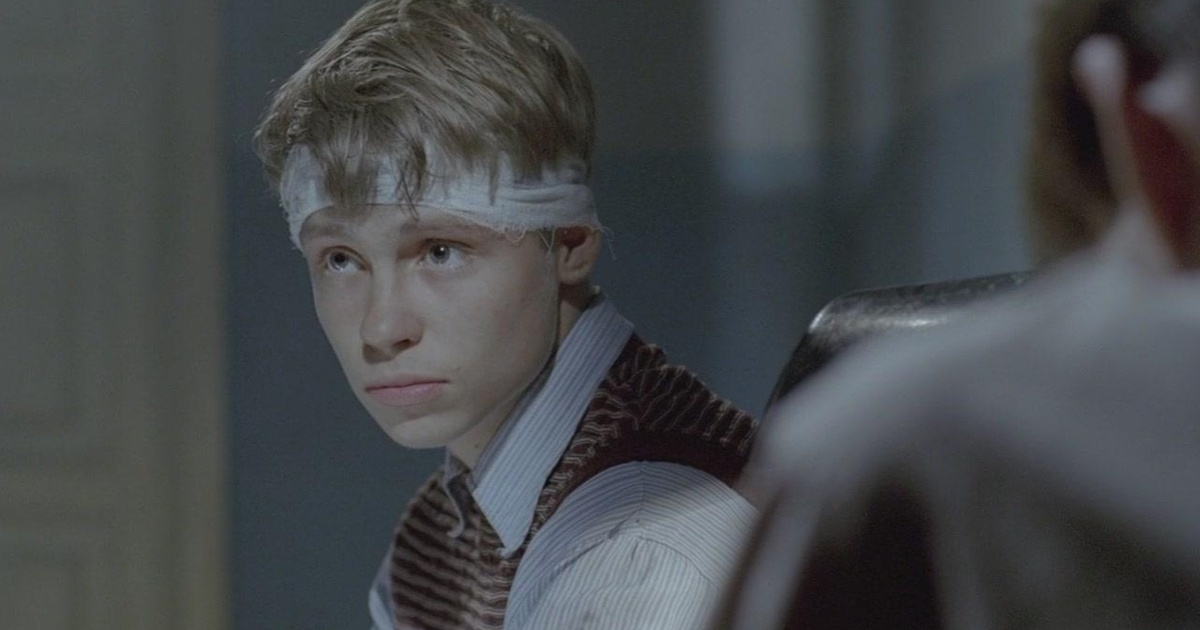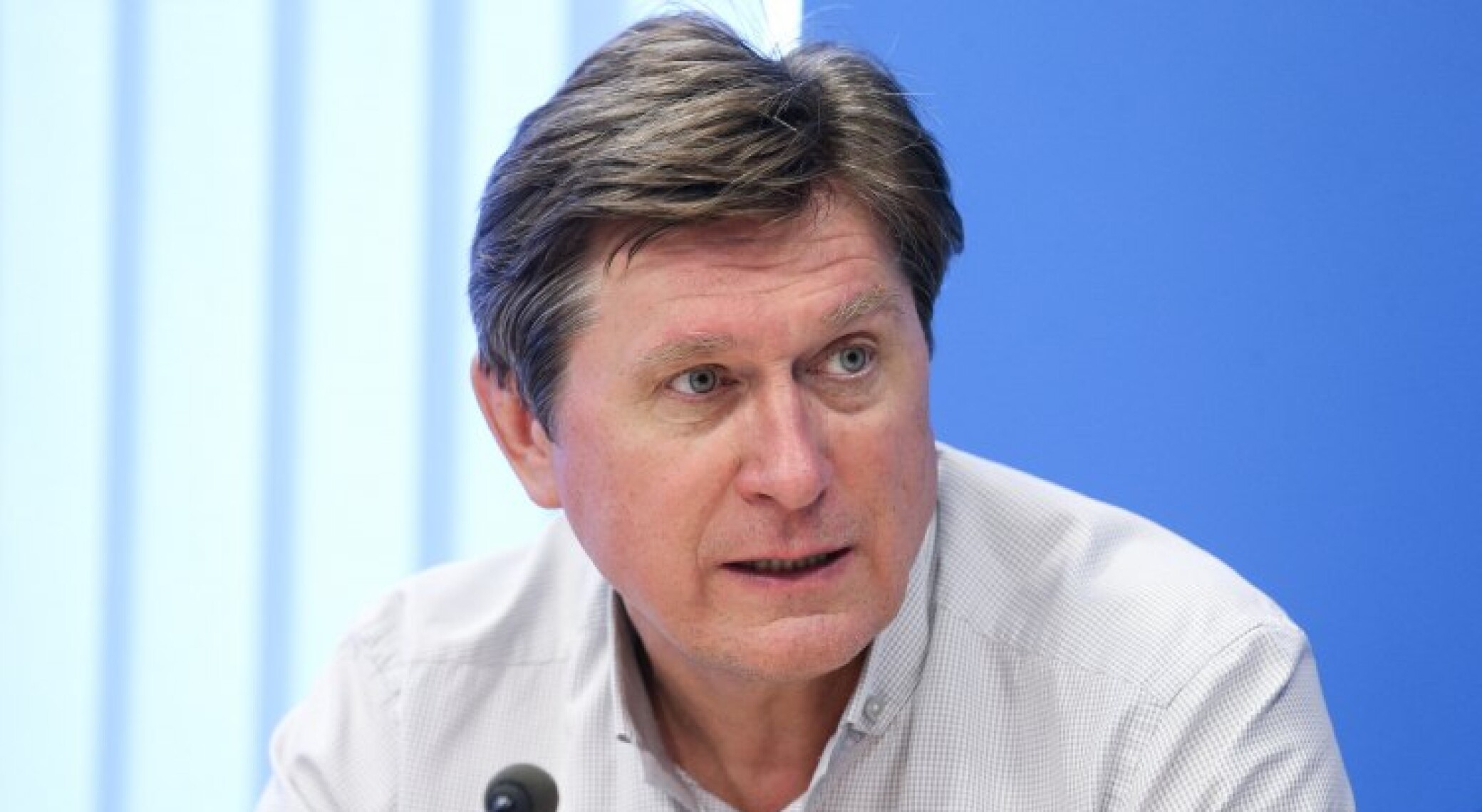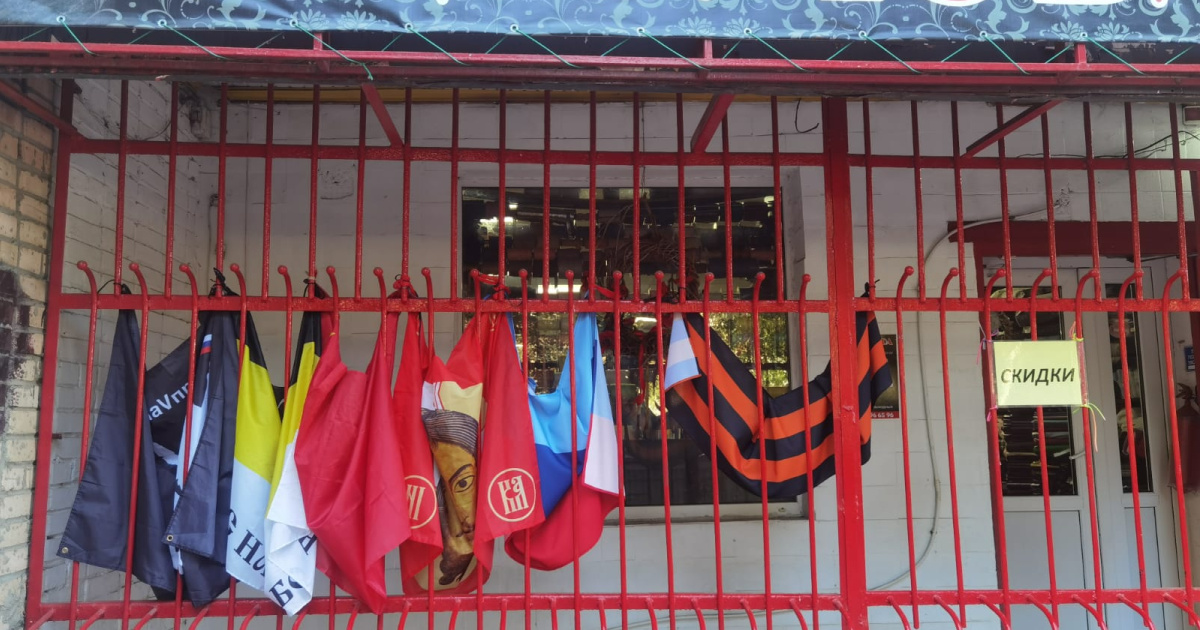
These days mark 10 years since I started writing for OstroV. And for all 10 years I have been trying to answer the question, “How do you live there?” from the perspective of a person who consciously, though not for political reasons, stayed in Luhansk.
Let’s put it this way — life made me an ordinary resident, and my answers were ordinary: I wrote about pensions, the lack of proper food, poor healthcare, mobilization, the arrogant attitude of the russian military, abandoned elderly, horrible russian bureaucracy… But also about road repairs, the completion of long-delayed projects, trips to Crimea — about how life was being put back together despite the war and the painful rupture of family and business ties with Ukraine.
I wrote as I saw it, sometimes with emotions, sometimes with philosophical reflections. Not to give anyone a reason to rejoice at our troubles, not for sympathy or pity, not to boast about our improvements. I just wanted understanding from those who left, but remained dear to me, of our life here, our motives, our pains and hopes. But people, as a rule, do not want to know what really is. They want to read what they would like to read, a confirmation of the picture already formed in their heads for their own subjective reasons. That’s why those close to me, who knew the identity of the author of the “Luhansk journal”, sometimes accused me of being biased, of propaganda… But how can one not be subjective, living here and living not in the past or the future, but in today?
We did not call russia. We are not waiting for Ukraine. Simply because nothing depends on our expectations. No one asked us and no one will. We chose to live in our homes, with our families, and we pay for this choice with everything I’ve written about over these 10 years. This is our choice. And we are not waiting for your approval or condemnation. We only want understanding… But if you don’t need that, we will endure that too. Just as we endured, 10 years ago, your flight from our region, our defenselessness before new forces declaring themselves masters, your sympathy, and later your hatred. And do you think back then in 2014–22 we would have refused a normal life in a normal state? But you did not offer it to us, and they did not ask us…
So, how do we live. There is no clear answer to that question. If 10 years ago one could have said briefly — badly — now there is no such certainty in anything.
My neighbor has been stubbornly repairing his house for three years. Crews change, the grand renovation never stops, yet at the same time he buys new cars and takes his family on vacations. Without even asking anything, you can say that their family lives very well. They live off their business: he trades auto parts, she has her own cosmetology practice. They found the niche where one can now make decent money, and they are surrounded by the same kind of young and ambitious friends.
Another neighbor next door moved to Kyiv to her children. Neither a good job nor a house kept her here. At some point it became clear that you need to live with those you love, not guard a house in hopes of something illusory, endlessly postponing your own life. She shows up sometimes to collect her local pension and to run some errands. And then leaves again to her children: Belarus – Poland – Kyiv. Up to a week’s journey.
There is also another neighbor who became a deputy. For now this is the peak of his desires, but he feels the moment here and now one hundred percent. And you don’t need to ask him if he is happy because he radiates that happiness. He is involved in inspecting local schools before the start of the school year, he helps choose new routes for public transport and paves a bright new path for all of us. And surely, behind this dream there is another one, but this one he has managed to realize, which he regularly reports on his Telegram channel.
There are also those whose lives are not so vivid and multifaceted, who simply live in their reality: waiting for grandchildren to visit, waiting for pensions, helping their children. Exactly 10 years ago they stood shoulder to shoulder to preserve the houses left behind, to feed the whole family from their kitchen garden, to live on a modest family budget and not let the family fall apart in difficult times.
If you take a walk down our street, that will be the answer to the question — how do we live. Very differently. From living on a single minimum pension to traveling to Turkey and Egypt, from hoping for a knee replacement to mind-blowing renovations. There were times when this stratification smoothed out and became less noticeable. But as soon as the situation leveled out, everyone went their own way — up or down.
There is a lot of bureaucracy. Certificates spawning hundreds of other certificates. Witnesses of where the deceased lived before death, certificates of no criminal record, russian registry. One of my neighbors boasts that she managed to do all the paperwork. She was the first to receive documents for her house and plot in this mysterious russian registry, for which she managed to get through three circles of queues, and now she eagerly consults all the neighbors about it.
You wouldn’t envy her house, but her fighting grip — yes. She managed to arrange everything, and now she jokes that she can die peacefully, knowing she leaves all the house papers in order. It is precisely the paperwork that is the headache for many. Issues not resolved in time give rise to lawsuits and astronomical sums.
Bureaucracy has taken on new facets. Applications, consents, signatures and signatures again, which we hand over to school with the child. In the era of digitalization, we are mired in papers, confirming certificates with certificates. And also, everything is electronic in schools: grades, homework, notes to parents. It’s impossible to do anything without a phone. Parents and child must be registered. The prosecutor’s office checks absences, applications can be attached to email, and the teacher sees the time of logins.
The world is so fast-paced that elderly teachers can’t keep up, perceiving it as a sign to retire. There is a catastrophic shortage of teachers. And keeping face, the homeroom teacher asks for help in finding the missing teachers for the school.
The trend of appealing to putin has appeared. The reasons can be most varied: a burst pipe, a decision to close a school for repairs or the closure of a supermarket. They film videos according to a certain pattern — a group of people stands shoulder to shoulder and appeals directly to vladimir putin for help. Afterwards these videos are spread everywhere and some effect is awaited. Sometimes help comes quite unexpectedly, but the effect of filming is always there.
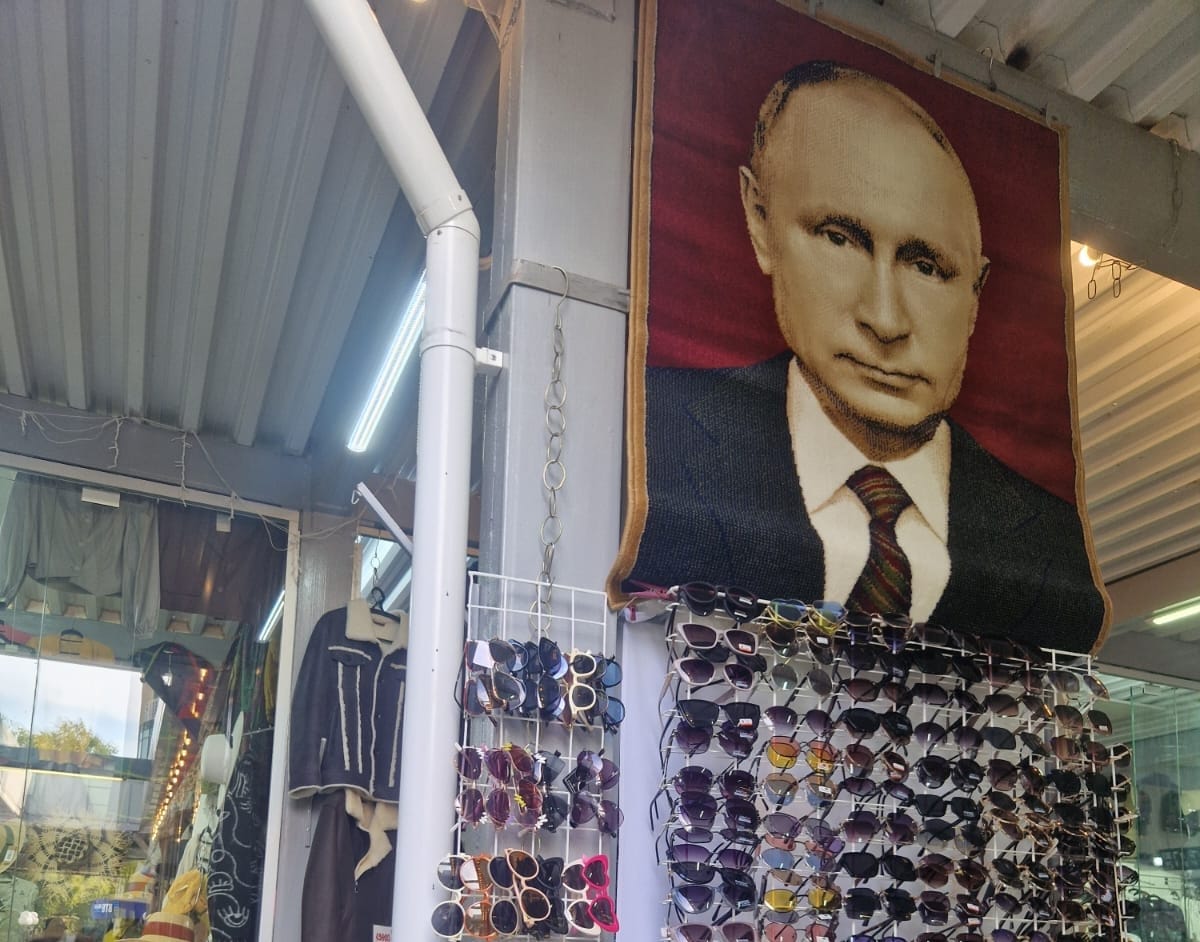
From the latest — the grand rise in gasoline prices. First its absence and, as an expected consequence, the price hike. My rational neighbor says she goes for gasoline and groceries to the nearest russian city, where everything is cheaper, namely sugar, pasta, and meat.
Grocery tours are not uncommon. People go to the nearest russian cities for household chemicals, food, clothes. And this is even a sort of envy — not everyone can do it.
With water, the situation is very different. In Luhansk, the decade long problem has been solved, and it’s still hard to believe that one can live without water supplies stored on every surface in the house. A little further from Luhansk the situation is not so euphoric, but everything is covered by the capacious phrase — repair and replacement of outdated pipes.
There are a lot of ads for military contract service. Even the circus social media page alternates news about the hippo Juliana with contract service ads. But next to this is fatigue from the news, the now familiar “I don’t watch the news” or “I don’t follow what’s happening”. Sometimes we watch the news at dinner, but more often we turn it off.
Also, among the things not spoken about are arrests. And on the same multifaceted street there are both the dead and those who were under investigation.
A new trend has appeared — meeting abroad with one’s children who moved. Tours are planned a year ahead, hotels booked, tickets bought. A week spent in Turkey with the whole family is almost a secular tradition. Children come from Ukraine, parents come from here. Gifts, conversations, hugs, tears, the joy of meeting and the hope for something. The new reality is living apart and counting the days until these rare once-a-year reunions. And then savoring every minute together, every moment, and retelling it to everyone again and again.
My friends who left ask if there is work here. There is, for those who seek it — sales representatives, forwarders, baristas, animators, warehouse workers, salespeople, cashiers, operators… Then the friends clarify: and what, do they really pay you? And by their questions I understand that they see life here somehow completely differently than we do, and they split any of our answers into many parts before starting to believe us.
By Olha Kucher, Luhansk, for OstroV

